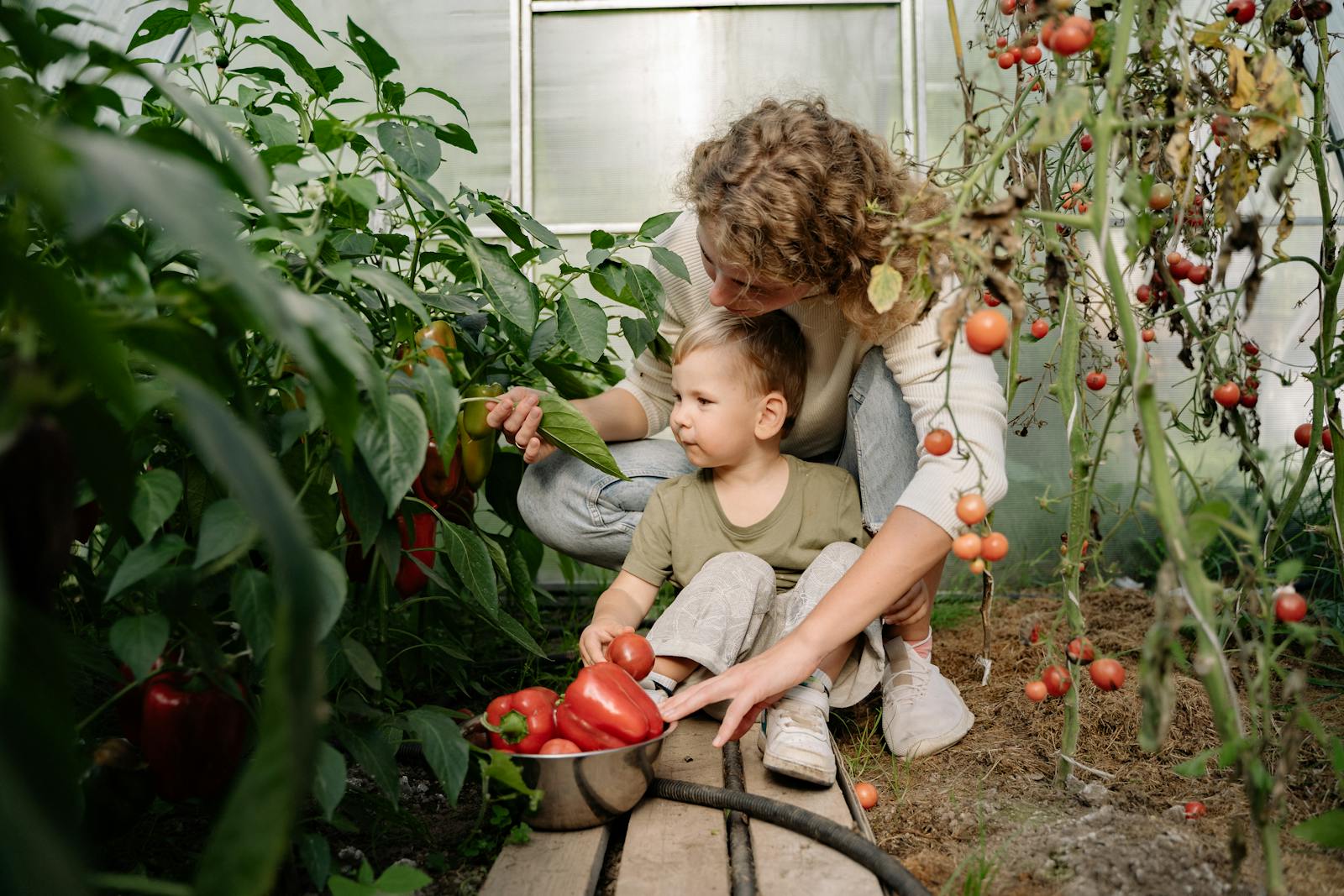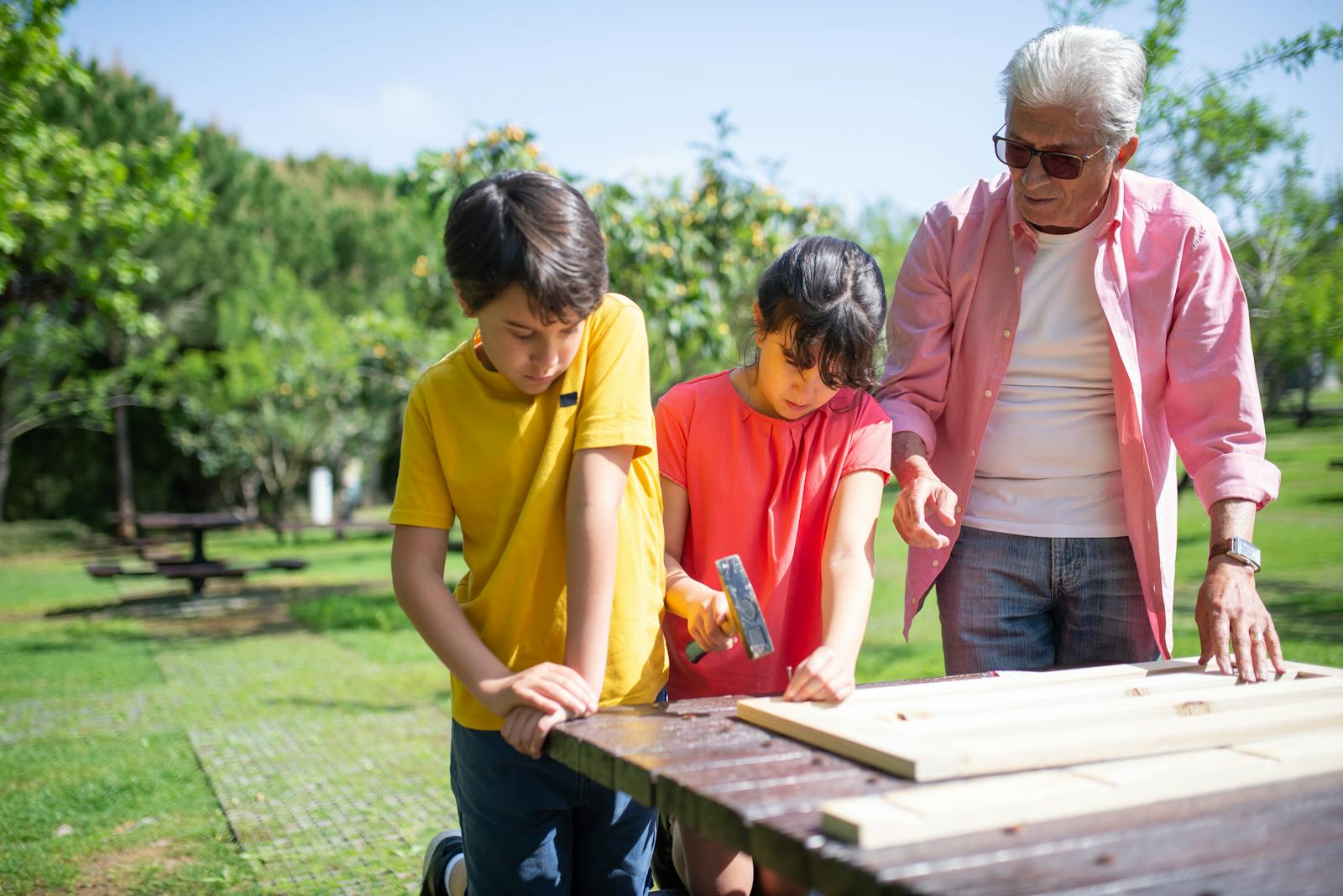Reclaiming Childhood: Teaching Our Children Life Skills Over Materialism
Life skills for children are in need now. In today’s world, it feels as though the essence of childhood has been replaced with a never-ending array of toys, gadgets, and distractions. As parents, caregivers, and mentors, we’ve allowed a culture of excess to dictate what we provide for our children.
It’s high time we paused, took a step back, and re-evaluated the true purpose of childhood—and the critical skills and values we want our children to carry into adulthood.
Many children today are inundated with “stuff”—tablets, video games, designer clothes, and an endless stream of toys that entertain momentarily but provide little lasting value. While we may give these items with good intentions, they often serve as distractions, pulling children further away from meaningful pursuits.
Instead of enriching their minds, many of these items encourage passivity, short attention spans, and a growing sense of entitlement. It’s a cycle we, as a society, need to break.
What children really need are tools for growth and exploration. Providing them with materials that inspire curiosity—like microscopes, telescopes, and science kits—sparks an interest in the world around them.
Encourage your child to study insects in the backyard, chart constellations in the night sky, or explore how plants grow. These activities promote creativity, critical thinking, and a deep appreciation for nature.
Empower Your Kids: Focus on Life Skills Over Useless Distractions
Beyond academic learning, children need life skills that prepare them for self-sufficiency and resilience. Here are some essential skills every child should learn:
- Gardening and Food Preparation
Teach your children how to grow fruits and vegetables, build greenhouses, and compost. Knowing how to grow and preserve food ensures they understand the value of sustainability and can thrive even in challenging times. - Hunting, Fishing, and Foraging
Skills like hunting, fishing, and identifying edible plants connect children to their environment and teach them how to respect and utilize natural resources responsibly. - Cooking and Food Preservation
Baking bread, making cheese, drying meats, and canning fruits are skills that promote independence and deepen their connection to family traditions. - Natural Medicine
Teach children about herbs, essential oils, and other natural remedies. This not only equips them to care for their health but also instills respect for the healing power of nature. - Crafting and Sewing
Encourage children to create their own clothing, curtains, or blankets. These skills foster patience, creativity, and resourcefulness.
Technology is not inherently bad—it’s a powerful tool when used responsibly. Instead of endless hours on entertainment apps, children can use technology to study the stars with astronomy software, learn coding, or research wildlife. Balance is key.
Ultimately, what children crave most is connection—with their families, communities, and the world around them.
Stop Spoiling Kids—Teach Life Skills for a Better Future
When we invest time in teaching and guiding our children, we’re not just giving them skills; we’re building memories, strengthening relationships, and showing them what truly matters.
It’s time to shift our focus. Let’s put down the toys, log out of the devices, and spend time teaching our children the lessons that matter most. Life is about more than material possessions—it’s about growth, learning, and leaving a legacy of strength and knowledge.
So let’s get back to the basics and help our children discover the beauty of a life lived with purpose, curiosity, and resilience.
Their future—and the future of the world—depends on it.
What do you think? How can we all work together to raise a generation that values skills over stuff? Let me know in the comments below!




















